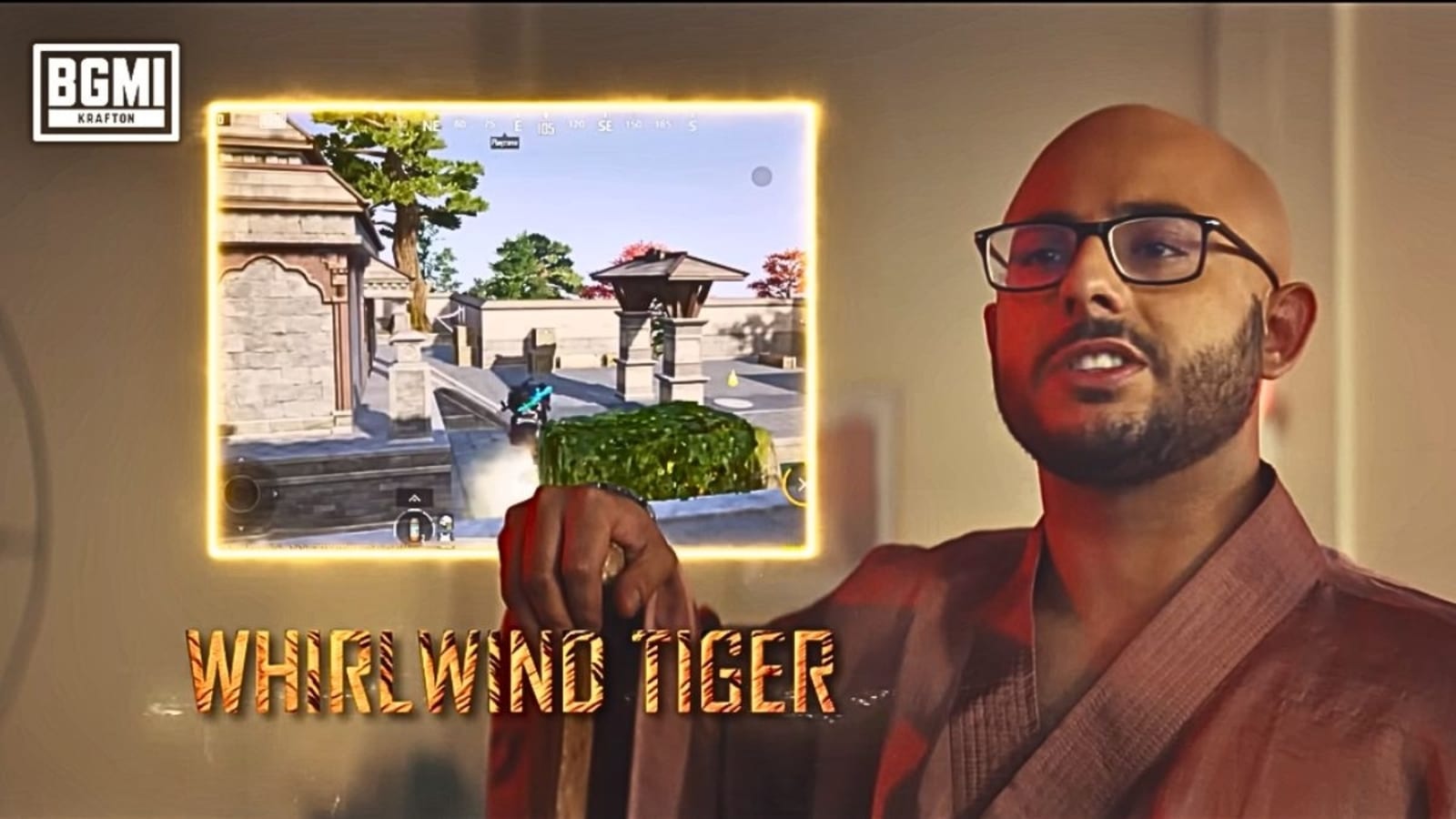A powerful South African corruption watchdog has found that President Cyril Ramaphosa committed no wrongdoing in connection with the theft of more than half a million dollars stashed in a sofa at his game farm three years ago.
The finding is a major victory for the president, who has been bedeviled for the past 10 months by accusations that he tried to cover up the theft to avoid scrutiny over having such a large sum of U.S. dollars stored at his property.
Mr. Ramaphosa still faces investigations by an elite unit of the national prosecutor and by the South African Reserve Bank, which is looking into whether there are any violations related to foreign currency exchange. But the public protector’s investigation was one of the last major legal hurdles for him regarding the incident.
The conclusion came from a report of preliminary findings by Kholeka Gcaleka, South Africa’s acting public protector. A statement issued by a spokesman for Ms. Gcaleka on Saturday said that the office could not reveal any contents of the preliminary report, which has been distributed to parties involved in the case so they can have time to respond. But The New York Times obtained a copy of the 191-page report.
The parties have 10 days to respond to the preliminary findings, and the public protector will consider the responses in issuing her final report, according to the statement from her office.
A spokesman for Mr. Ramaphosa confirmed that the president had received the report but did not comment on the specifics in it.
“As stated before, we reiterate that the president did not participate in any wrongdoing, nor did he violate the oath of his office,” the spokesman, Vincent Magwenya, said in a statement. “Instead, the president was a victim of a crime that he duly reported to the relevant authorities.”
The report said that Mr. Ramaphosa had properly reported the theft of $580,000 to Maj. Gen. Wally Rhoode, the head of his presidential protection service and a member of the South African Police Service. In doing so, it said, the president had fulfilled his legal obligation to report the burglary, which occurred in February 2020.
“The public protector could not find any evidence upon which to conclude that after reporting this crime to General Rhoode, the president abused his power in utilizing state resources,” the report said.
The public protector found that the president’s ownership of the farm did not conflict with his duties as a public official, because he did not partake in paid work at the farm. She also found that Mr. Ramaphosa had declared his financial interest in the farm.
But Ms. Gcaleka did find wrongdoing on the part of Mr. Rhoode, saying that he had begun an off-the-books investigation into the theft rather than going through official channels to open a case with the police.
When details of the theft were first revealed by a political opponent of the president last June, there were accusations that Mr. Ramaphosa had overseen a covert investigation that included the torture of the burglary suspects. Ms. Gcaleka’s report essentially agreed that there was a secret investigation but suggested that Mr. Ramaphosa had nothing to do with it.
In November, it appeared that the damning saga, which became known as Farmgate, would bring down Mr. Ramaphosa’s presidency after a committee appointed by Parliament recommended that he face an impeachment hearing. Mr. Ramaphosa was ultimately saved by his party, the African National Congress, which, with its overwhelming majority in Parliament, voted to reject the impeachment report. No impeachment hearing was ever held.
Mr. Ramaphosa then won a second term as A.N.C. president in December, even as a cloud of suspicion hung over him.
The president’s defense in the farm scandal was that the cash at his farm was from the proceeds of the sale of buffaloes to a Sudanese businessman. That businessman, Hazim Mustafa Mohamed Ibrahim, came forward in December to say that he had brought $600,000 into South Africa from Dubai and that he had declared the money at the airport.
South Africa’s tax agency said recently that it had no record of Mr. Ibrahim’s declaring cash upon entering the country. But tax officials also said that Mr. Ramaphosa’s farm operation was fully compliant with all of its tax obligations.

























